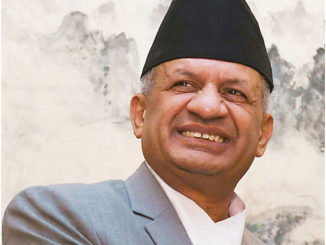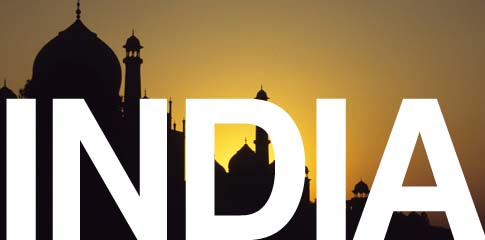KATHMANDU (TIP): Nepal‘s proposed new constitution has sparked fury from women who say their citizenship, property and other rights are being curtailed by the document designed to draw a line under centuries of inequality.
Lawmakers tabled a draft in parliament in June shortly after bickering political parties struck an historic deal on the long-awaited charter, spurred to negotiation by an earthquake in March that killed more than 8,800 people.
But a series of sometimes violent protests have since hit the impoverished, Himalayan nation, with activists saying the charter has failed to address a string of concerns.
Forty-year-old shop owner Rama Bista says the charter poses a major step back for women, in a country that has long favoured men.
Bista, who is married to an Indian man based in Nepal, has spent the last four years trying to secure citizenship for her two sons — their legal right under the current constitution.
“I cannot even speak of some of the things I’ve been told. They tell me my children are not Nepali, that I should go to my husband’s country,” Bista told AFP.
But Bista’s already tough struggle is set to become impossible under the new charter which bars single parents from passing on their citizenship to their children and additionally says both parents must be Nepalese.
It will overturn a 2006 act that says children are eligible for citizenship as long as one parent is Nepalese.
Activists say the move could leave a million people stateless and will disproportionately affect women, who account for the vast majority of single parents in Nepal.Bista says she is anxious about the future for her sons since citizenship is needed to get anything in Nepal from a driving licence to a bank account.
The draft also makes it easier for a Nepalese man to confer citizenship on his foreign spouse, while a Nepalese woman needs to be married 15 years to her foreign husband before even being allowed to apply.Instead of specifying that daughters can inherit ancestral property, the draft vaguely says “all children”. Activists are concerned this could be interpreted as sons and unmarried daughters only – the wording used in the country’s civil code.





Be the first to comment